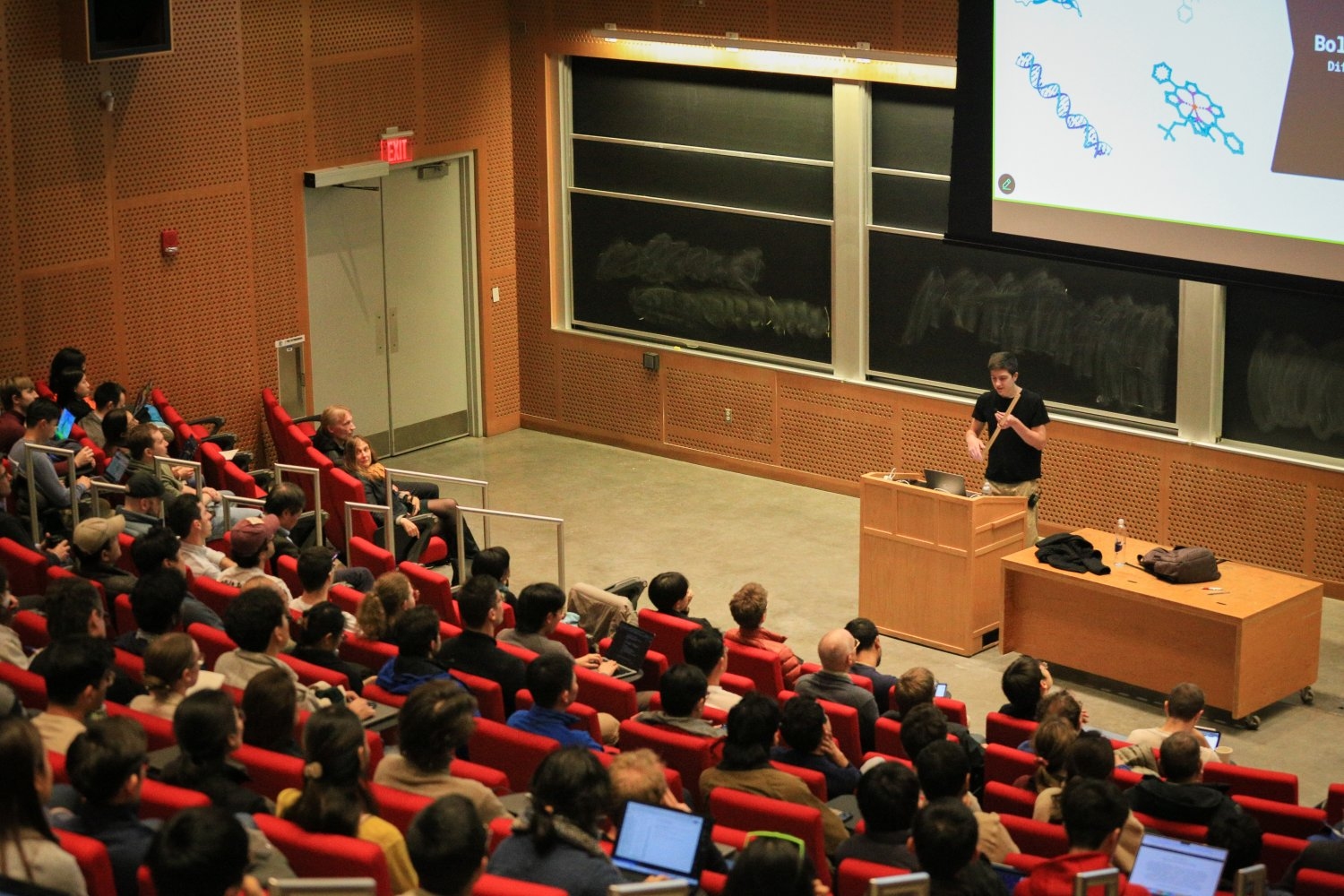tensorflow-riemopt: A Library for Optimization on Riemannian Manifolds
PositiveArtificial Intelligence
- The tensorflow-riemopt library has been introduced as a Python tool for geometric machine learning within TensorFlow, offering efficient implementations of neural network layers with manifold-constrained parameters and stochastic optimization algorithms for non-Euclidean spaces.
- This development is significant as it enhances the capabilities of TensorFlow, enabling researchers and developers to prototype and deploy machine learning pipelines that leverage geometric principles, thus broadening the scope of applications in AI.
- The emergence of such libraries reflects a growing trend in AI towards integrating geometric and topological methods, which are becoming increasingly relevant in various fields, including logistics and optimal transport, as they address complex challenges in data representation and resource allocation.
— via World Pulse Now AI Editorial System



